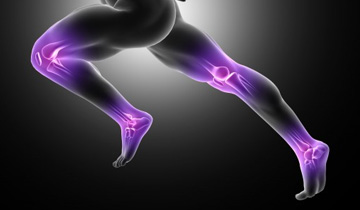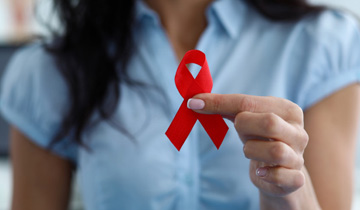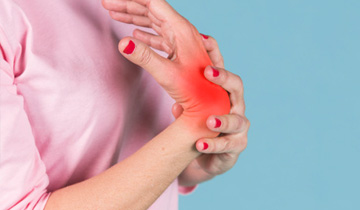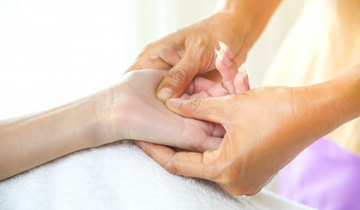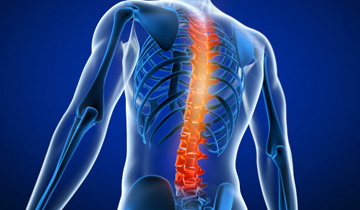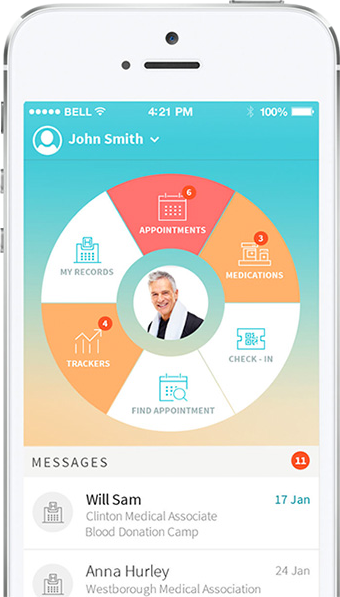Learn more about the extra precautionary measures we are taking amid COVID-19 concerns
Our Locations
Pain Treatment Services
Our Pain Treatment team is to help our patients live their healthiest lives possible by easing pain symptoms and restoring function and movement.
Meet Our Physicians

Jeffrey Hall
Doctor of Medicine
Jeffrey Hall, MD has extensive clinical experience in interventional spine care, neuromodulation, radiofrequency ablation techniques and chronic pain management of multiple disorders. Dr. Hall specializes in the diagnosis and treatment of complex chronic pain conditions and has been practicing full-time interventional pain management since 2007. He is Board Certified in Anesthesiology and Pain Medicine.
21+ Years of Excellence


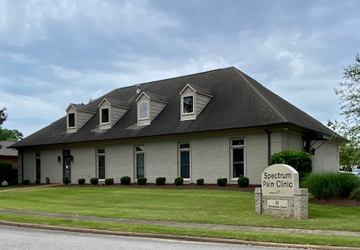
 (731) 265-6946
(731) 265-6946  (731) 265-6947
(731) 265-6947 referrals@encorehealthgroup.com
referrals@encorehealthgroup.com


